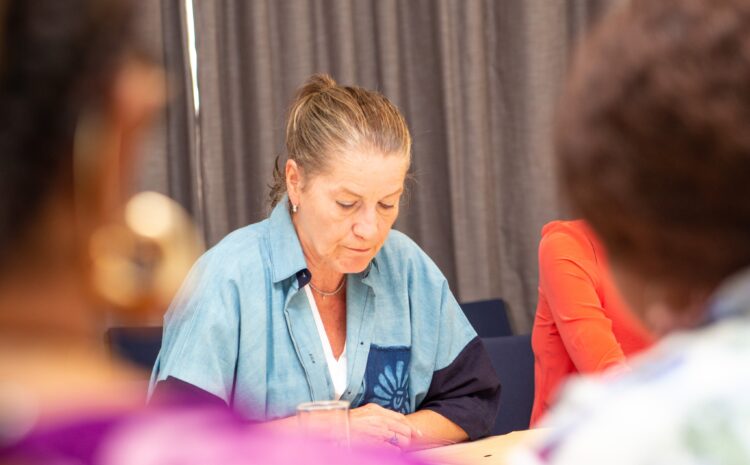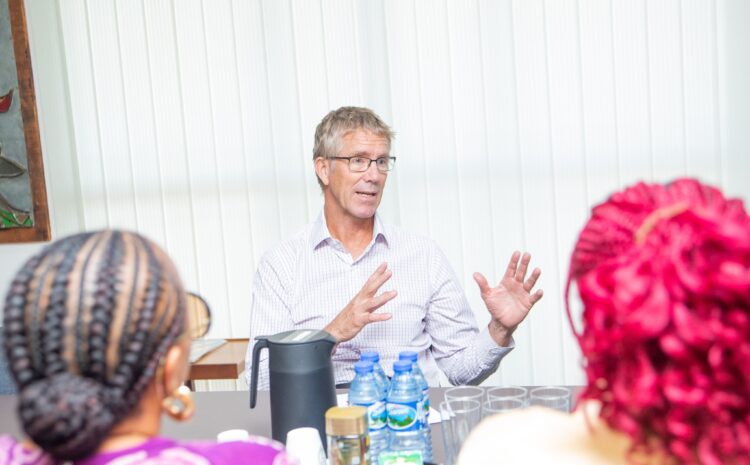Over 100 activists, students, and health advocates braved a grueling 12,000-foot mountain hike on March 24, 2025, in a bold effort to raise awareness about tuberculosis (TB), a disease that continues to devastate communities across Africa. Organized by Equitable Medicaid and Clinical Research a non-profit organization, the event blended physical endurance with public education, aiming to dismantle stigma and spread lifesaving information about TB prevention and treatment.
La randonnée, dirigée par Ras Vincent Judah Shekari, un leader de la communauté rastafari, comprenait des participants de l'université de Baze, des groupes de défense de la tuberculose et des experts en santé publique. Lors du sommet, le Dr Ruth Faasema, experte en santé publique, a remercié les participants dans un discours sincère. "Chaque pas que vous avez fait aujourd'hui n'était pas seulement pour atteindre le sommet, c'était un pas vers un monde débarrassé de la tuberculose", a-t-elle déclaré, insistant sur le fait que la tuberculose peut être évitée. Son discours mêlait urgence et résonance locale : "Cette toux n'est pas une toux ordinaire, c'est la tuberculose. Allez-y et vérifiez !" - un clin d'œil à la langue pidgin du Nigeria pour insister sur la nécessité des tests.
Emmanuel Olashore, spécialiste du programme de lutte contre la tuberculose et fort de 17 ans d'expérience, a dirigé une session interactive mettant en lumière les progrès et les défis du Nigeria. Il a confirmé que les médicaments contre la tuberculose restaient gratuits dans les hôpitaux publics, mais a souligné que de nombreux patients se heurtaient encore à des obstacles. "Les médicaments gratuits ne signifient rien si les gens ne savent pas où se les procurer ou s'ils craignent d'être mis à l'écart", a-t-il déclaré. Les participants se sont ensuite prêtés à une séance de questions-réponses, au cours de laquelle ils ont demandé comment la tuberculose se propageait et comment ils soutenaient leurs pairs qui luttaient contre la maladie. Il a expliqué comment la tuberculose se propage dans l'air, soulignant que les enfants vivant dans des foyers surpeuplés ou dans des environnements mal nourris courent des risques plus élevés. "Un cas non traité peut en infecter 15 autres en un an", a-t-il déclaré, exhortant les communautés à soutenir les familles touchées et non à les isoler.
L'Afrique supporte 23% du fardeau mondial de la tuberculose, selon les données de l'Organisation mondiale de la santé (OMS) pour 2023, le Nigeria se classant parmi les 10 premiers pays du monde pour le nombre de cas de tuberculose. En 2024, le Nigeria a signalé environ 479 000 nouvelles infections et 154 000 décès liés à la tuberculose, ce qui représente une légère baisse par rapport aux années précédentes, mais reste alarmant. La faiblesse des infrastructures de santé, les retards de diagnostic et le manque de financement persistent : Les programmes de lutte contre la tuberculose du Nigeria n'ont reçu que 30% des $373 millions nécessaires pour une lutte efficace en 2024.
Ras Vincent, le chef de la randonnée, a intégré le symbolisme culturel dans l'événement, expliquant les croyances de Rastafari sur les mois de naissance et leur lien avec la santé collective. "Tout comme chaque mois a son énergie, chaque personne a un rôle à jouer dans la guérison de notre société", a-t-il déclaré au groupe lors d'une halte.
L'ascension des 12 000 pieds, bien que physiquement éprouvante, reflète la lutte acharnée contre la tuberculose. Au sommet, les participants ont déployé des banderoles sur lesquelles on pouvait lire "Oui ! nous pouvons mettre fin à la tuberculose : s'engager, investir, agir", tout en partageant des histoires de parents disparus et de survivants retrouvés.
Malgré les progrès accomplis, les experts en santé avertissent que les lacunes dans le financement de la lutte contre la tuberculose et la désinformation menacent d'anéantir les progrès réalisés. Moins de 60% des Nigérians atteints de tuberculose sont diagnostiqués, et les souches résistantes aux médicaments sont en augmentation. "Des événements comme cette randonnée sont essentiels", a déclaré M. Olashore. "Lorsque les gens s'unissent autour d'une cause, les gouvernements les écoutent.
Alors que le groupe descendait, un étudiant de l'université de Baze s'est fait l'écho de ce sentiment. "Je dis à tout le monde : faites-vous tester, ne vous cachez pas. Cette randonnée m'a montré que nous sommes plus forts ensemble". Pour l'instant, le message est clair : pour vaincre la tuberculose, il faut plus que des médicaments, il faut de l'unité, de l'éducation et des efforts incessants.





